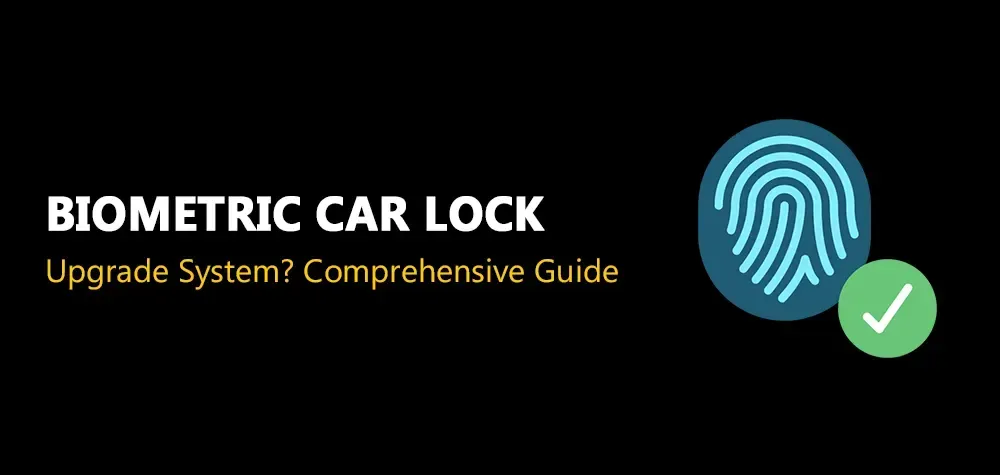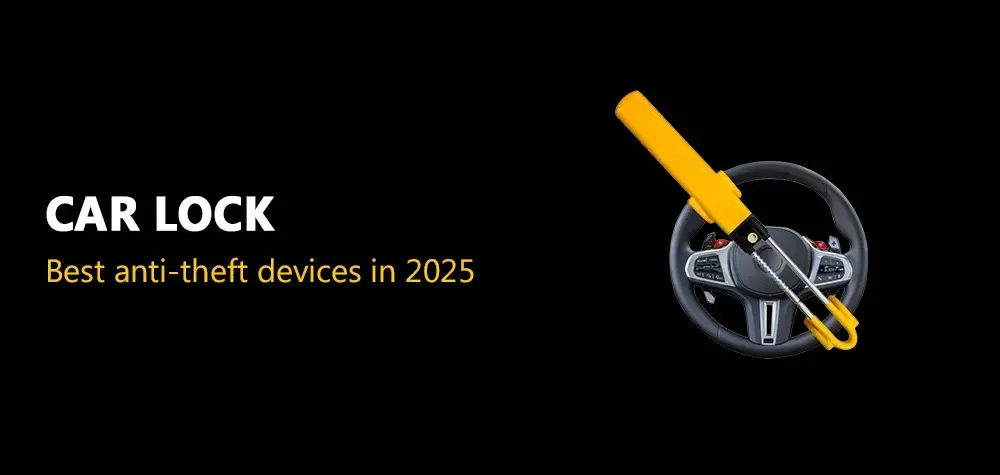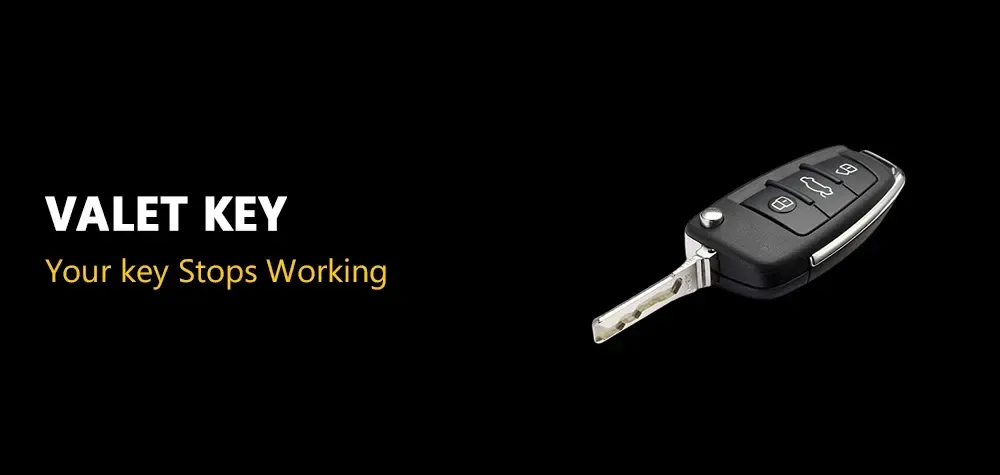If Nearly All Locks Can Be Picked, Why Do We Still Use Them?
Locks have been a cornerstone of security for centuries. They give us a sense of safety, control, and privacy. But with countless videos and tutorials online proving that almost any lock can be picked, one might wonder—if locks aren’t foolproof, why do we still rely on them? Are they just a false sense of security, or do they serve a deeper purpose? The answer lies in understanding security as a layered concept rather than an impenetrable barrier.
Protect Your Vehicle from Break-Ins This Summer
Why Are Most Locks Pickable?
The simple truth is that locks are mechanical devices, and like all mechanical systems, they have weaknesses. The traditional pin tumbler lock, which is one of the most common types, operates using a set of pins that align when the correct key is inserted. Skilled lock pickers can manipulate these pins with specialized tools, bypassing the need for a key altogether.
Additionally, advances in technology and information sharing have made lock-picking knowledge more accessible. What was once an obscure skill practiced by locksmiths and security experts is now a widely discussed topic online. Yet, despite this, locks remain an essential security tool. Here’s why.
The True Purpose of Locks: Deterrence Over Impossibility
Locks are not about making entry impossible—they are about making unauthorized entry difficult, time-consuming, and risky. Criminals look for the easiest and fastest way to break in. A well-installed lock serves as a deterrent because:
- Most criminals are opportunists – They prefer easy targets. A locked door slows them down, increasing the risk of getting caught.
- Lock picking requires skill and time – While locks can be picked, it’s not as easy as movies make it seem. It requires patience, knowledge, and the right tools, which many casual criminals don’t have.
- Locks provide layered security – Most break-ins aren’t done with sophisticated lock-picking tools. Instead, burglars often resort to brute force, like kicking down a door. A solid lock combined with reinforced doors and security systems creates multiple layers of protection.
Psychological and Legal Deterrents
Beyond the physical challenge, locks serve a psychological and legal function. The presence of a lock clearly marks a boundary between public and private space. Someone breaking into a locked property faces legal consequences, reinforcing the idea that locks define ownership and restricted access. Even if locks are not unbreakable, they send a message: This space is protected.
The Evolution of Lock Technology
While traditional locks can be picked, lock technology is constantly evolving to stay ahead of criminals. Some modern security measures include:
- High-security locks – These use complex pin systems, rotating disks, and anti-picking mechanisms that make traditional picking techniques ineffective.
- Smart locks – These eliminate the keyhole entirely, using biometrics, keycards, or smartphone access, making traditional lock-picking tools useless.
- Reinforced lock systems – Many modern locks integrate anti-drill plates, stronger materials, and complex keyways that significantly increase resistance to manipulation.
Why We Still Trust Locks Despite Their Vulnerabilities
At the end of the day, security is about managing risk rather than eliminating it entirely. We use locks not because they are invincible, but because they work well enough to keep most people out. A good lock, combined with strong security habits—like using deadbolts, installing security cameras, and practicing awareness—makes break-ins far less likely.
Furthermore, most break-ins are not the work of professional lock pickers. They are crimes of opportunity. A visible, well-secured lock, especially when combined with alarms and surveillance, significantly reduces the likelihood of an attempted burglary.
Conclusion:
While it’s true that most locks can be picked, they remain a vital part of our security infrastructure. They buy us time, deter criminals, and establish clear property boundaries. More importantly, they serve as one piece of a larger security puzzle that includes situational awareness, technology, and smart protective measures. Rather than seeking an unpickable lock, the best approach is to layer security and make unauthorized access as difficult as possible. After all, security isn’t about being impenetrable—it’s about being the wrong target.
Call Us Any Time!




